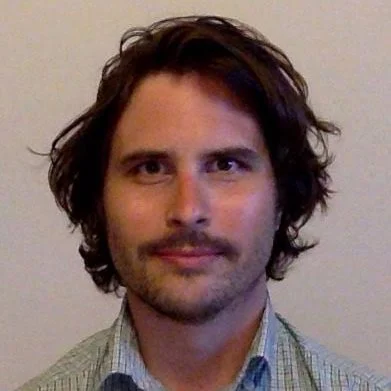Guest lectures and seminars - Page 3
Time and place:
– ,
NHA 107
C*-algebra seminar by Eduard Vilalta (Chalmers University of Technology / University of Gothenburg)
Time:
–
QOMBINE seminar talk by Franz Fuchs (University of Oslo)
Time and place:
– ,
NHA B1120
Donaldson-Thomas invariants "virtually" count curves in a given threefold. They factor into two parts: a part which only counts curves, and a degree 0 part, which counts 0-dimensional subschemes. The degree 0 part can be fully computed with a closed formula by relating them to combinatorial counting of plane partitions, which are certain configurations of boxes in 3D space. DT theory comes in various refinements. Nekrasov's formula refines the relation to counts of plane partitions to equivariant K-theoretic DT theory and gives a closed formula for refined degree 0 DT invariants.
Degree 0 DT invariants of orbifolds are related to counts of colored plane partitions, where the boxes are colored in a way determined by the orbifold structure. This allows the computation of closed formulas for some orbifolds. We refine these closed formulas to equivariant K-theoretic DT theory by modifying the techniques used in Okounkov's proof of Nekrasov's formula to work for orbifolds. We will explain these techniques in the case of schemes and describe some of the modifications to make them work for orbifolds.
Time and place:
– ,
Erling Sverdrups plass, Niels Henrik Abels hus, 8th floor
Climate and weather can affect disease prevalence in different ways. For instance, humidity and temperature affect the life cycles of mosquitos which can greatly influence the prevalence of vector-borne diseases like malaria and dengue. Modelling this relationship is very important, both in the short term for outbreak preparedness, and in the long term, for health systems to adapt to the changing climate. However, this modelling is difficult because of low amounts of quality health data, complexities in spatial-temporal modelling, and the many different domains (vector biology, climate, epidemiology).
In this talk I will present our work on building a framework both for developing modularized and adaptable climate-health models, and for rigorously evaluating the utility of these models.

